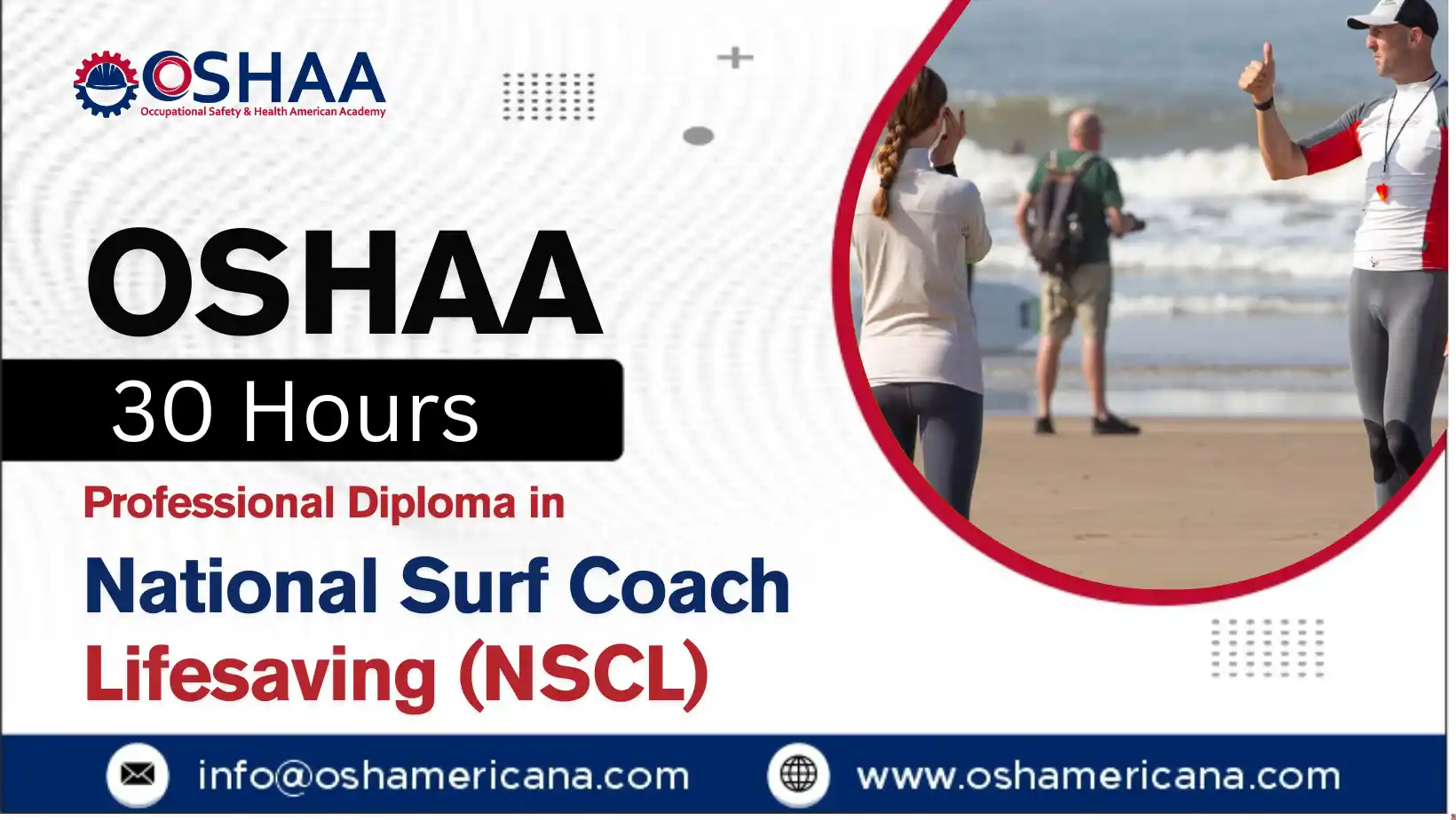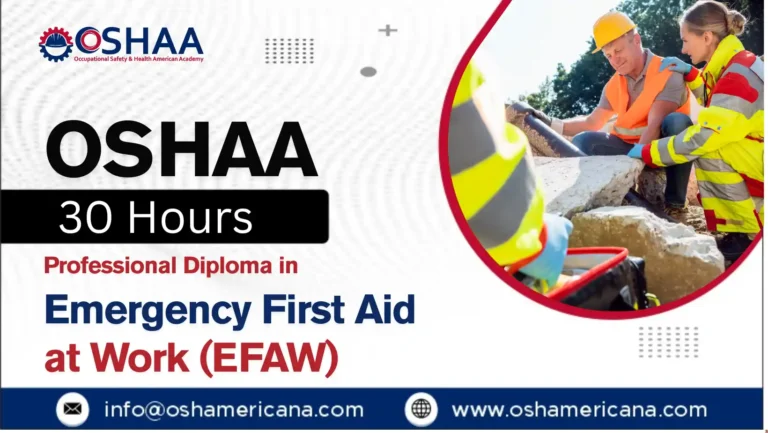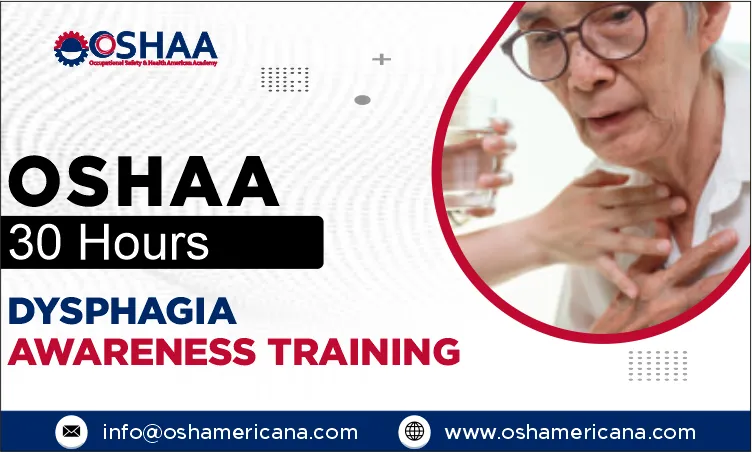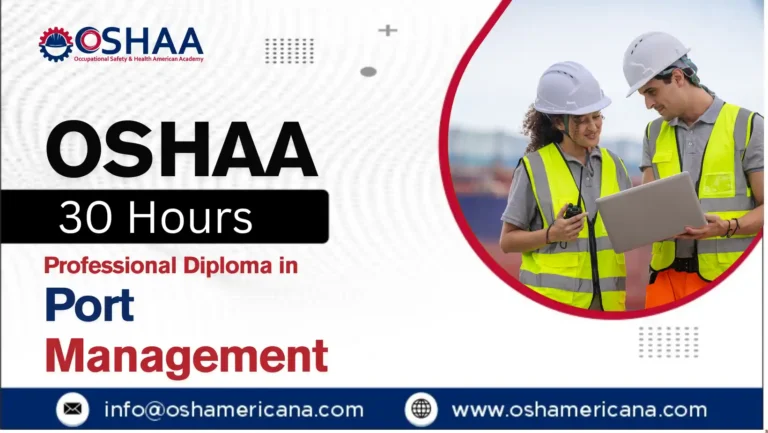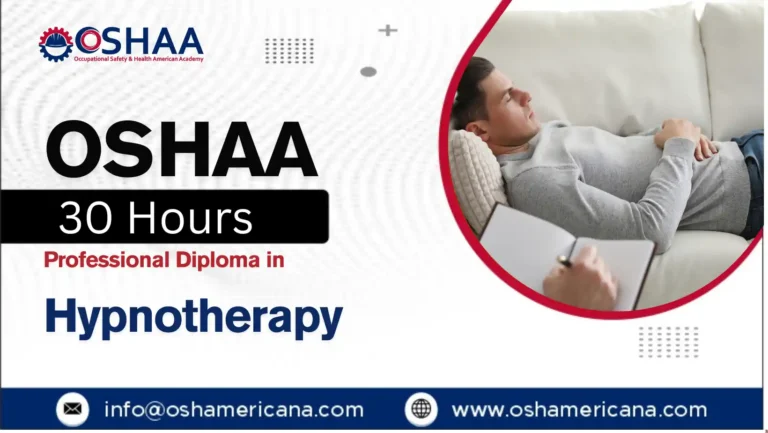OSHAA 30-Hour NSCL Diploma – Surf Coach Lifesaving
The OSHAA 30-Hours Professional Diploma in National Surf Coach Lifesaving (NSCL) is a comprehensive training programme designed to equip participants with the essential skills and knowledge required to excel as surf coach lifesavers. Offered by OSHAA, the awarding body known for its commitment to high professional standards, this course provides participants with a robust foundation in surf lifesaving techniques, coaching principles, and safety management.
Participants undertaking this diploma will develop expertise in surf rescue methods, risk assessment, and emergency response specific to surf environments. The course emphasises practical skills alongside theoretical understanding, ensuring participants are confident in both coaching and lifesaving roles. Through this programme, participants will learn how to effectively train and support surf lifesaving teams while promoting safe practices in challenging coastal conditions.
Key areas covered include surf awareness, rescue equipment use, communication strategies, and leadership in aquatic safety. The course also highlights the importance of environmental considerations and legal responsibilities in surf lifesaving. By integrating these elements, participants are prepared to lead surf lifesaving activities that prioritise safety, skill development, and community engagement.
Upon completion, participants will possess the credentials and confidence to operate as professional surf coach lifesavers, enhancing their career prospects in aquatic sports, community safety, and coaching. The OSHAA 30-Hours Professional Diploma in National Surf Coach Lifesaving is ideal for those passionate about surf safety and committed to advancing their expertise in lifesaving coaching within coastal environments.
OSHAA 30-Hours Professional Diploma in National Surf Coach Lifesaving (NSCL)
Study Units
Learning Outcomes
Introduction to National Surf Coach Lifesaving Role and Responsibilities (3 Hours)
- Understand the key roles and responsibilities of a surf coach lifesaver
- Recognise professional standards and ethical considerations in coaching
- Identify the scope and limits of the surf coach lifesaving role
Surf Environment Awareness and Safety (3 Hours)
- Develop awareness of coastal and surf conditions impacting safety
- Identify common hazards in surf environments
- Apply safety measures to minimise risks in surf settings
Principles of Surf Lifesaving and Rescue Techniques (4 Hours)
- Understand fundamental surf rescue methods and best practices
- Demonstrate proficiency in key lifesaving techniques
- Apply rescue skills effectively in real surf scenarios
Use and Maintenance of Surf Rescue Equipment (3 Hours)
- Identify various types of surf rescue equipment and their uses
- Demonstrate correct handling and maintenance procedures
- Ensure equipment readiness for emergency situations
Coaching Techniques for Surf Lifesaving Skills Development (4 Hours)
- Apply effective coaching methods to enhance participant skills
- Design training sessions tailored to different skill levels
- Foster a positive learning environment for surf lifesaving development
Risk Assessment and Emergency Response Planning (5 Hours)
- Conduct thorough risk assessments for surf lifesaving activities
- Develop comprehensive emergency response plans
- Implement proactive strategies to manage potential incidents
Communication and Leadership in Surf Lifesaving (3 Hours)
- Develop clear and effective communication skills for coaching
- Lead teams confidently during training and rescue operations
- Manage group dynamics and promote teamwork
Environmental and Legal Considerations in Surf Lifesaving (3 Hours)
- Understand relevant environmental regulations affecting surf lifesaving
- Comply with legal obligations and safety standards
- Promote sustainable practices in surf lifesaving activities
Team Building and Motivation Strategies for Lifesaving Coaches (2 Hours)
- Employ techniques to build cohesive and motivated teams
- Recognise factors influencing team performance and morale
- Encourage positive attitudes and continuous improvement
- Equips participants with comprehensive skills in surf coach lifesaving and rescue techniques
- Enhances understanding of surf environment safety and risk management
- Develops effective coaching strategies tailored to surf lifesaving skill development
- Builds competence in the use and maintenance of essential rescue equipment
- Strengthens leadership and communication abilities crucial for managing teams in aquatic settings
- Provides knowledge of legal, environmental, and ethical considerations in surf lifesaving
- Prepares participants to design and implement emergency response and risk assessment plans
- Fosters team-building skills to motivate and support surf lifesaving groups
- Offers a recognised professional diploma to advance careers in surf lifesaving and aquatic coaching
- Promotes confidence and professionalism for roles in surf rescue, coaching, and water safety management
- Participants aspiring to become certified surf coach lifesavers
- Current surf lifesaving instructors seeking professional development
- Aquatic safety professionals working in coastal or surf environments
- Individuals involved in community water safety and rescue programmes
- Coaches aiming to specialise in surf lifesaving training and team leadership
- Lifeguards and rescue personnel looking to enhance their surf rescue skills
- Sports coaches and educators focused on aquatic sports and safety
- Volunteers and staff of surf lifesaving clubs and organisations

